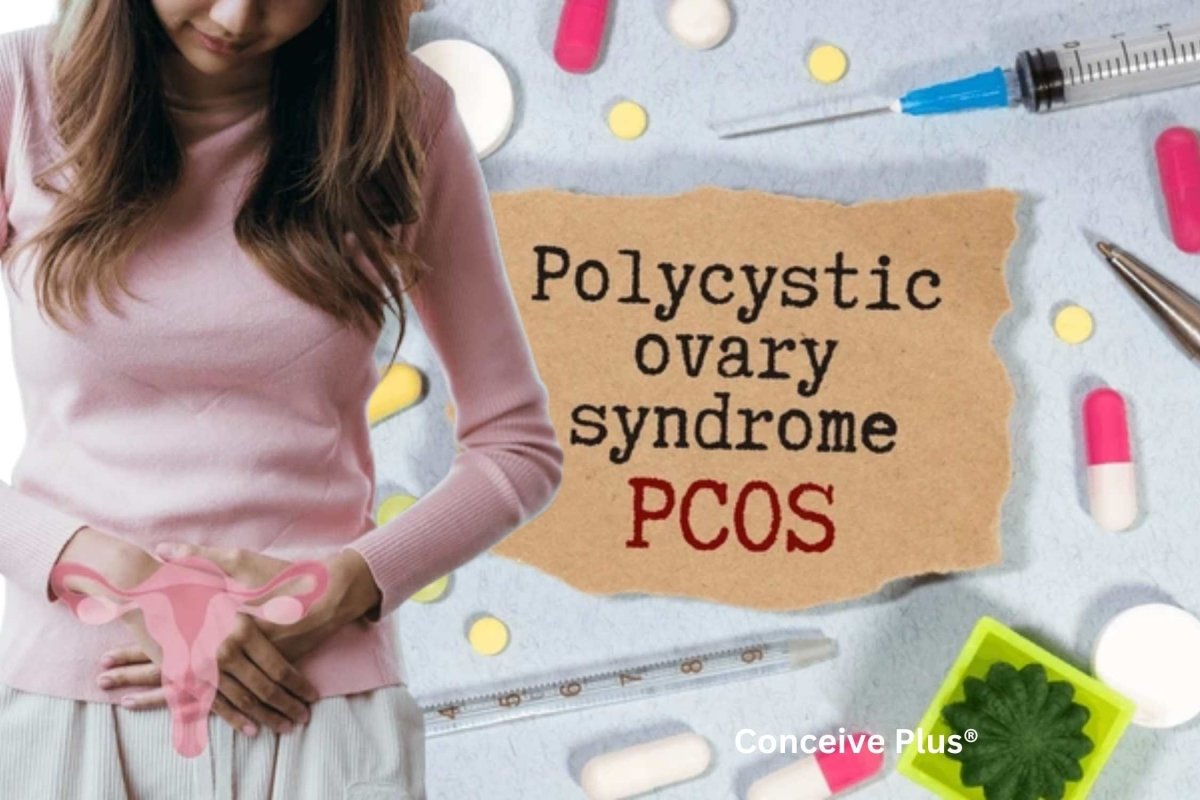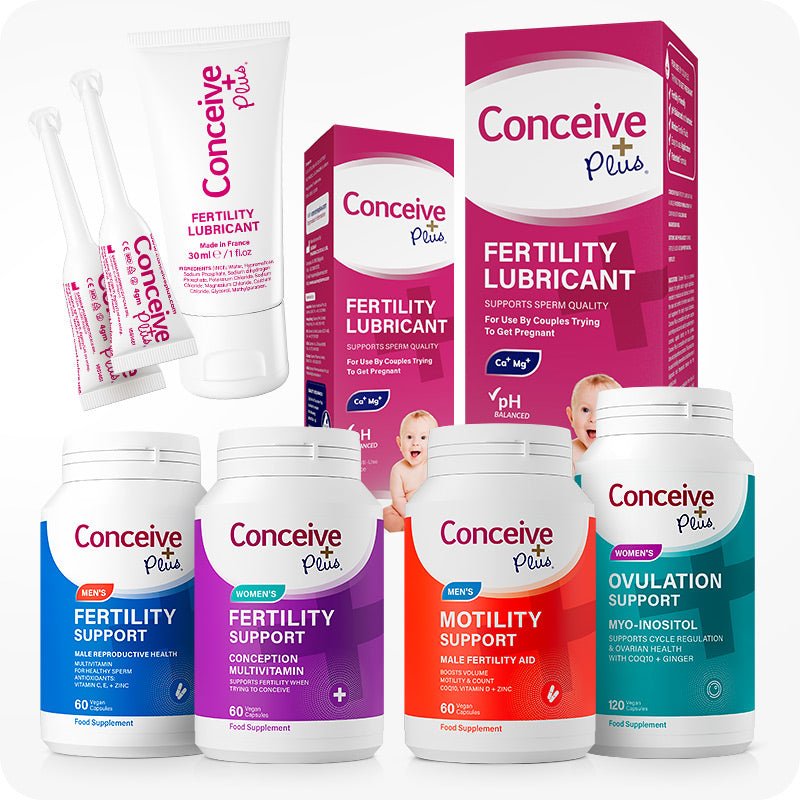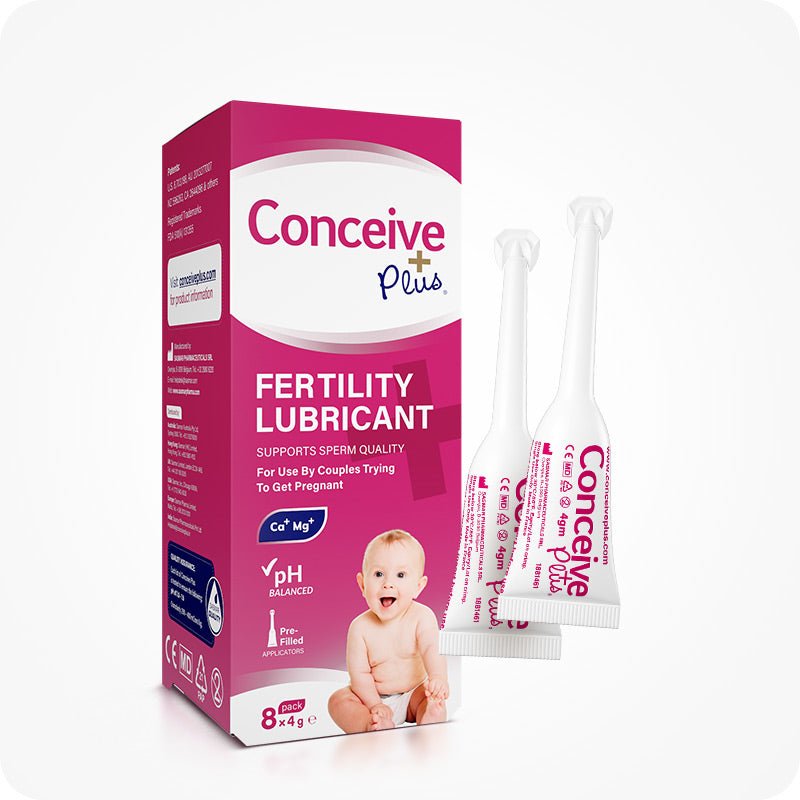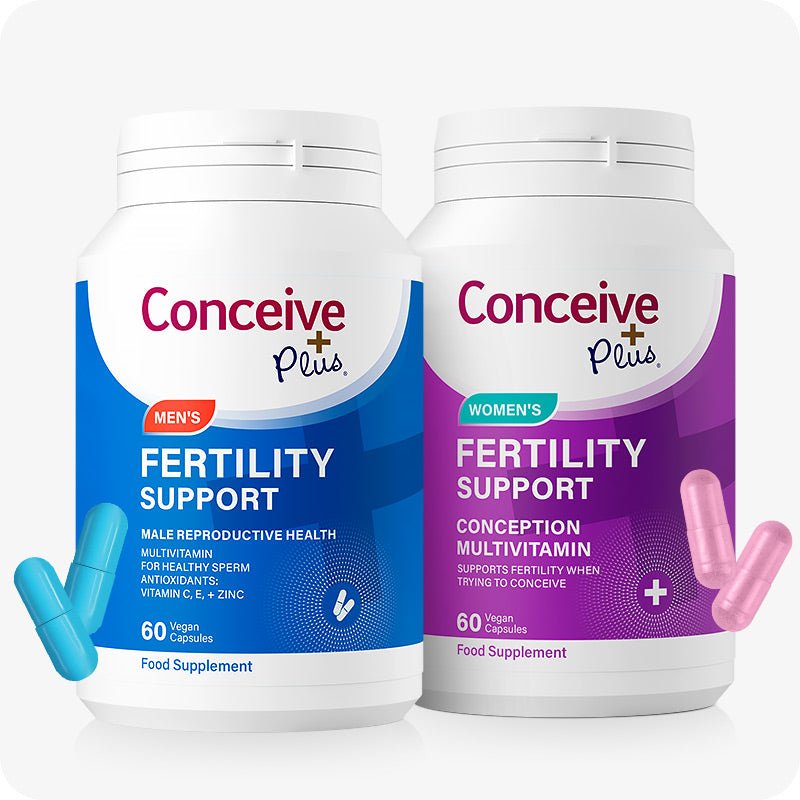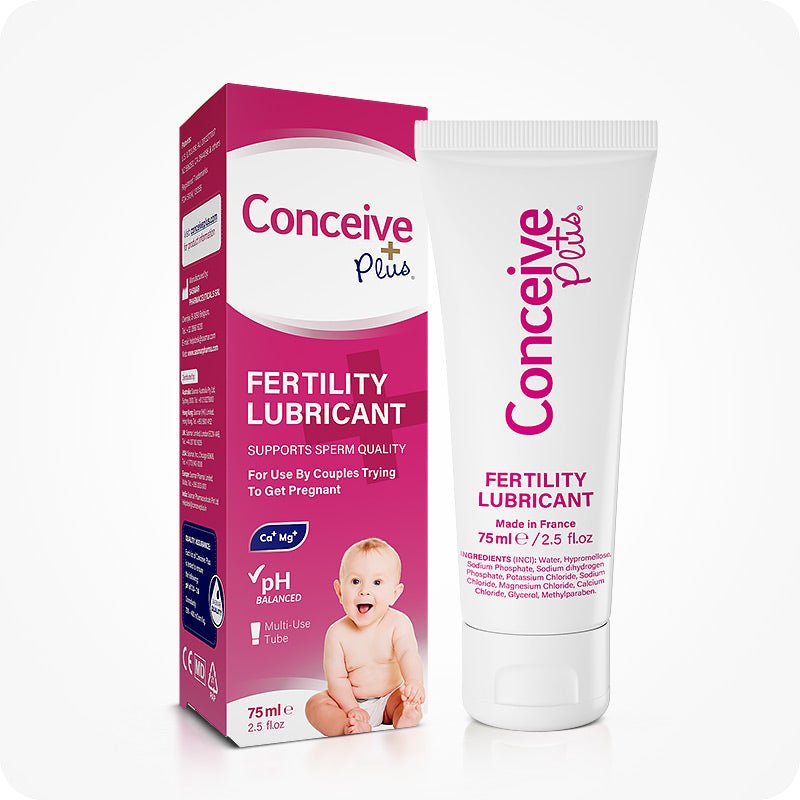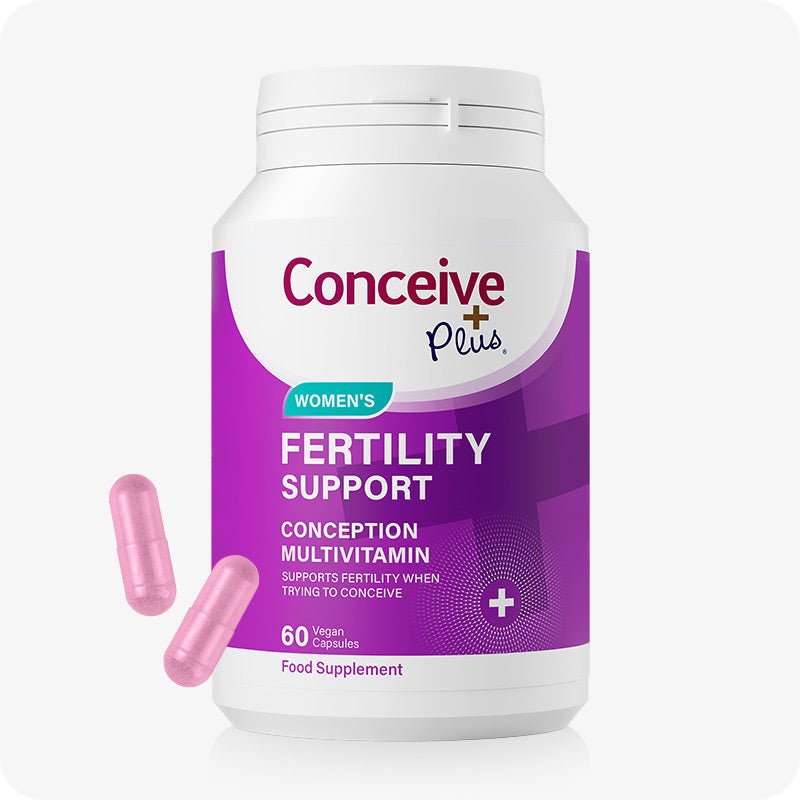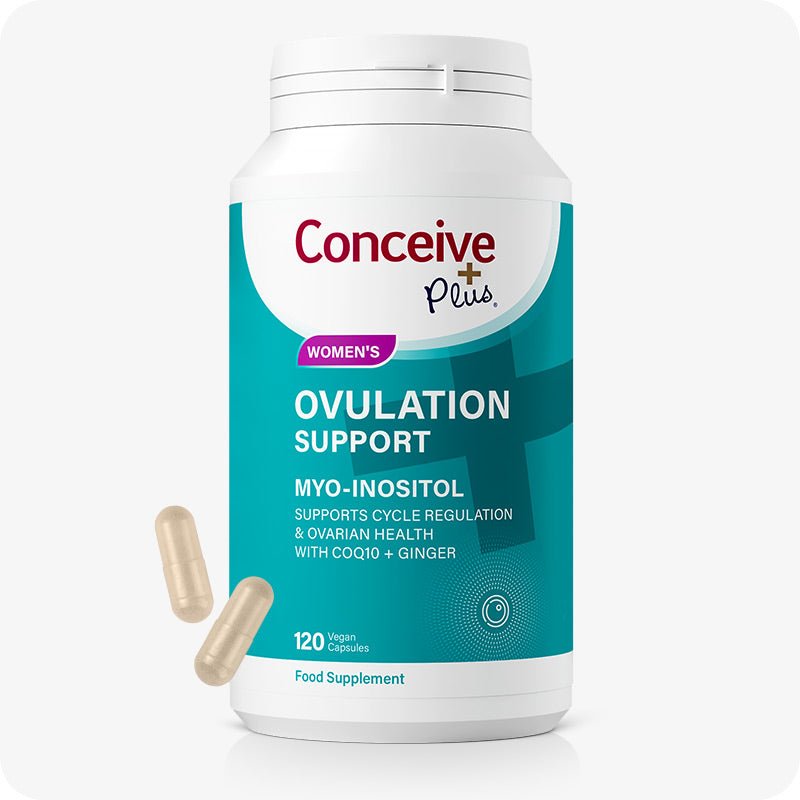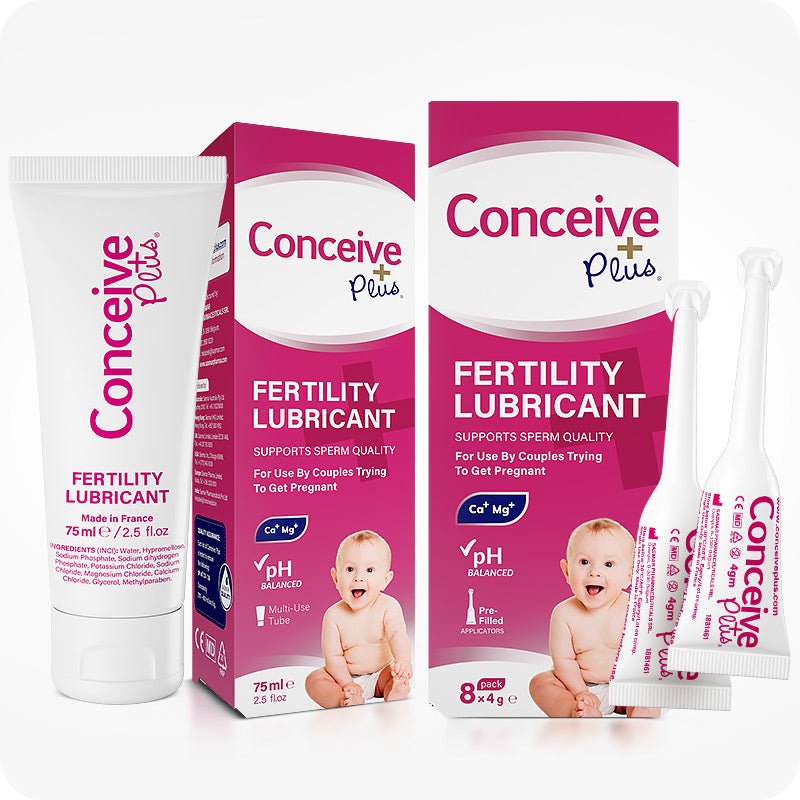The Best Inositol Foods to Improve Fertility with PCOS
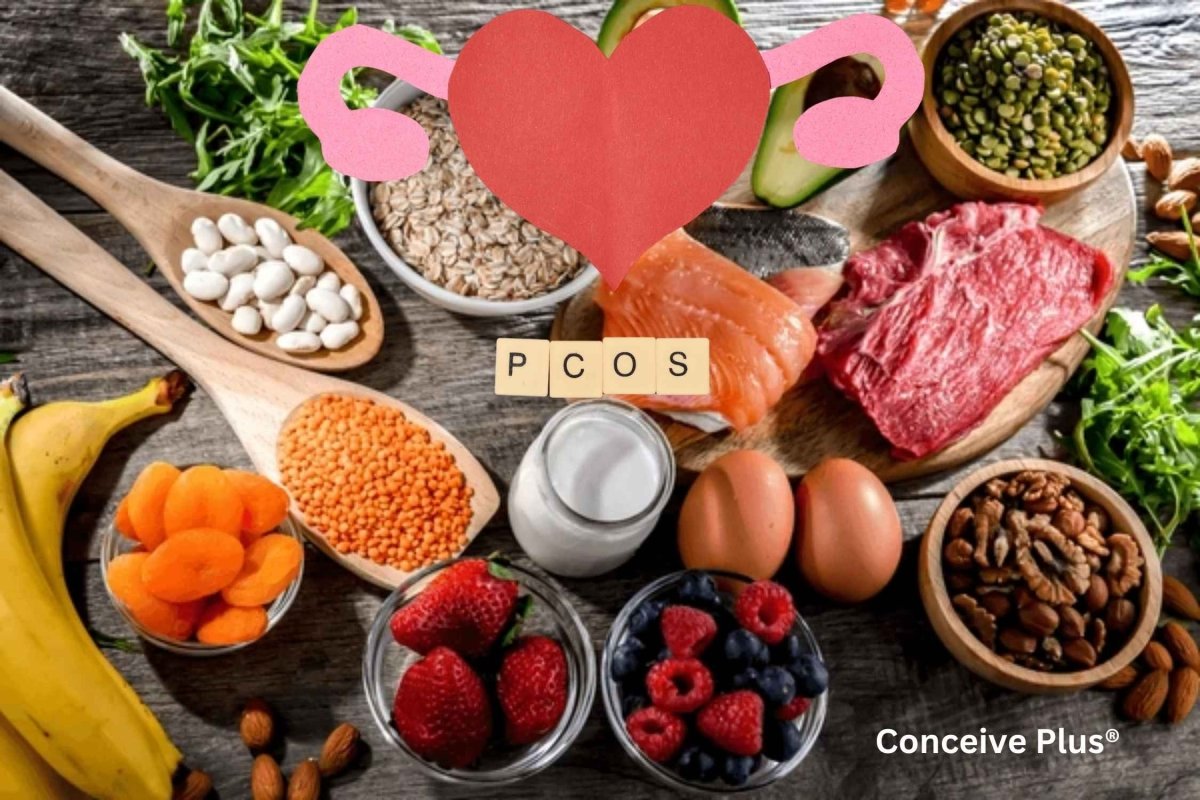
Inositol is a sugar naturally made in the body that aids in insulin absorption, brain function, and hormone regulation. Sometimes referred to as vitamin B8, inositol is not actually a vitamin but rather a nutrient that benefits the body in several ways. It is especially helpful for women with PCOS who would prefer to avoid the side effects of prescription drugs.
While inositol supplements are recommended to regulate menstruation and improve fertility when women with PCOS are hoping to get pregnant, regularly consuming foods rich in inositol can help too. For women not trying to conceive, inositol foods or supplements can reduce the symptoms of PCOS on an ongoing basis.
What Does Inositol Do For The Body?
Inositol plays several roles in the body impacting both metabolic and physiological processes [1]. For instance, it is vital for insulin regulation and maintaining balanced glucose levels, which helps to reduce the risk of diabetes.
By balancing hormones such as androgens and the follicle-stimulating hormone (FSH), inositol helps to regulate menstrual cycles, improve ovarian function, and enhance the quality of mature eggs released by the ovaries. For these reasons, it is often recommended to improve female fertility.
Inositol also signals neurotransmitters such as serotonin and dopamine to balance moods. In light of this, research has begun into the efficacy of using inositol to treat certain mental health disorders like anxiety and depression.
The Benefits of Eating Inositol Foods for PCOS
Women with PCOS can experience difficulty processing inositol correctly, which has a knock-on effect on other body systems. On top of insulin resistance, inositol abnormalities can result in facial hair growth, acne outbreaks, weight gain, irregular menstrual cycles, and fertility issues when trying to get pregnant.
Taking inositol supplements, however, or consuming inositol through food has been found to reduce the symptoms linked to inositol abnormalities. When seeking to reduce PCOS symptoms, foods containing myo-inositol (MI) and D-chiro inositol (DCI) are known to be particularly helpful [2].
If you're eager to uncover more about inositol fertility and how it can boost your chances of conceiving, explore our guide 'Inositol Fertility Benefits: Improve Your Chances of Conceiving' for further insights.
The Best Inositol Foods to Treat PCOS and Improve Fertility
In a study that investigated the amount of inositol in 487 foods, the highest amounts of inositol were found in beans, fruits, grains, and nuts. It was also noted that fresh beans and fruits were confirmed to contain more inositols than frozen or canned products [3].
Citrus Fruits
In addition to high levels of calcium and vitamin C, citrus fruits are also high in inositol [4]. Snacking on fruits such as grapefruit, lemon, lime, and oranges will help improve inositol abnormalities, treat PCOS symptoms, and improve fertility. Orange melon, although not considered a citrus fruit also contains high levels of inositol.
Legumes
Also known as beans and peas, legumes like chickpeas, soybeans, and lentils are known to have a high inositol content. Legumes are also a great source of fibre, complex carbs, protein and vitamins. Other legumes that are rich in inositol are green beans, kidney beans, lima beans, and peas [5].
Nuts
Nuts are a great snack to keep inositol levels balanced and prevent cravings. While almonds are known to have the highest amounts of inositol, cashews, peanuts, and walnuts are high in inositol too [6]. These nuts can be added to salads and pastas for an extra crunch, or crushed and added to smoothies.
Chicken Liver
When it comes to meat, chicken liver is known to have the highest inositol content. It also contains folate and vitamin B12, two additional ingredients that can improve fertility and support early pregnancy [6].
Whole Grains
Whole grains such as oatmeal, bran, and whole-wheat flour are also great sources of inositol for treating symptoms of PCOS and improving the chances of conceiving [2]. In addition to inositol, whole grains are rich in fibre, iron, magnesium, phosphorus, and selenium. They’re also packed with vitamin A, B vitamins, and vitamin E.
Other inositol foods in the whole grain bracket include brown rice, farro, and quinoa, as well as whole wheat cereal, bread, and pasta.
Creating a PCOS-Friendly Diet with Inositol Foods
To create, and stick to, a PCOS-friendly diet with foods rich in inositol, it helps to make a meal plan for the coming week or days. Ensuring that inositol foods are on hand for each meal or snack of the day can help women with PCOS stick to a meal plan that helps reduce their symptoms and improve fertility.
To make mealtimes easier and more imaginative, there are lots of suggested PCOS-friendly meal plans online that are rich in inositol foods. The following plan is an example:
Breakfast: Citrus fruit or citrus fruit juices, oatmeal, bran products, and whole wheat cereal
Lunch: A whole grain bread sandwich, lentil soup, rice or quinoa bowl with legumes such as beans, or chickpeas, salad with crushed nuts
Dinner: Whole grain pasta, mild lentil curry, quinoa or rice with a form of protein (or chicken liver), side salad with fruits and nuts
Snacks: Citrus fruits, peanuts, whole wheat crackers
As well as consuming inositol foods, it’s important to remember that a well-balanced diet is vital for overall health. Therefore, incorporating other necessary nutrients and vitamins into your daily meal plan is just as crucial as adding inositols.
Staying hydrated, exercising regularly, and practising some daily yoga or meditation for your mental well-being are also known to help reduce the symptoms of PCOS.
For a deeper dive into the benefits and proper use of inositol supplements, check out our guide 'Inositol Supplements: What Are They and How Do They Help' for more expert insights.
The Bottom Line
PCOS is not easy to live with, nor does it make it easy to conceive, however, symptoms can be managed and fertility can be improved with the help of inositols.
Taking a daily inositol supplement for 3-4 months can significantly help women with PCOS to improve ovulation and increase their chances of conceiving. However, eating inositol foods should not be ignored to keep inositol levels balanced and PCOS symptoms reduced.
Before incorporating inositols into your diet, it can help to consult with a nutritionist or dietician who specialises in PCOS to help you conceive or simply live with the condition with fewer symptoms.
References
- Science Direct - Inositol - https://www.sciencedirect.com/topics/medicine-and-dentistry/inositol
- Natural Endocrinology Specialists - Boost Your Health With These Foods Loaded with Inositol - https://www.nesaz.com/foods-loaded-with-inositol/
- National Library of Medicine - Myo-inositol content of common foods: development of a high-myo-inositol diet - https://pubmed.ncbi.nlm.nih.gov/7416064/
- Harvard School of Public Health - Legumes and Pulses - https://nutritionsource.hsph.harvard.edu/legumes-pulses/
- National Library of Medicine - Citrus fruits as a treasure trove of active natural metabolites that potentially provide benefits for human health - https://www.ncbi.nlm.nih.gov/pmc/articles/PMC4690266/
- PCOS Weightloss - What Foods are High in Inositol - https://pcosweightloss.org/what-foods-are-high-in-inositol/








